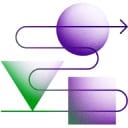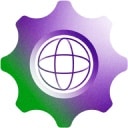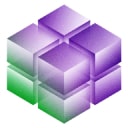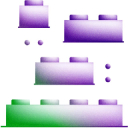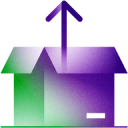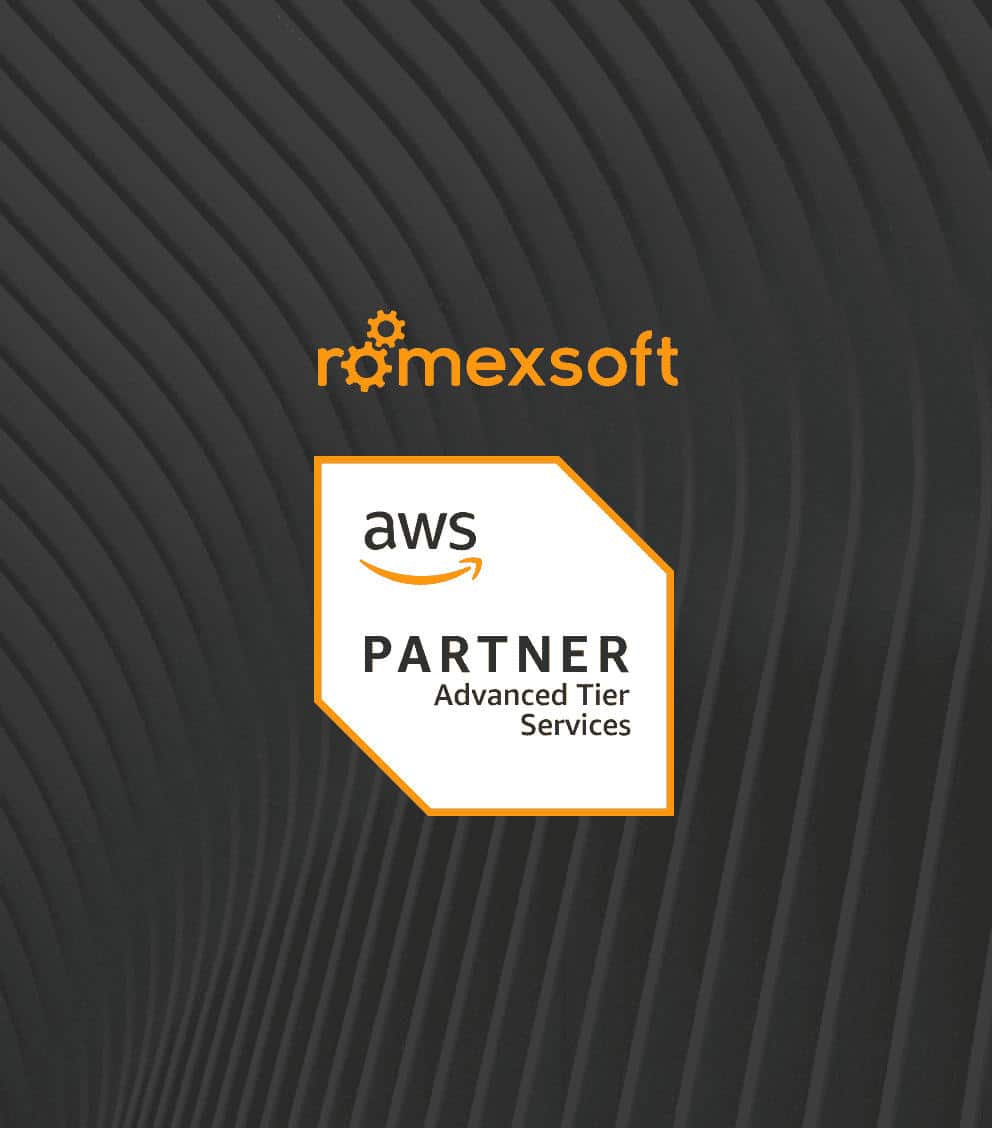Cloud Application Development Services Driving Expansion
Accelerate growth with cloud-native applications built for scalability, resilience, and compliance. Romexsoft designs and delivers software on AWS that adapts to changing demand and equips your organization to scale operations without disruption.
Our Cloud Application Development Services Offering
Create a reliable ecosystem of cloud-powered tools: minimize vendor lock-in risks, cut down on high on-premises costs, and accelerate release cycles to deliver fault-tolerant, stable, and high-performing solutions to end users.
We decompose applications into independent modular microservices to enable faster development, easier scaling, and improved resiliency, ensuring your cloud solutions deliver maximum business value.
We accelerate SaaS application development using proven design patterns for tenant isolation, data partitioning, identity management, onboarding, subscription tiering, observability, and cost optimization.
Our serverless development services deliver event-driven architectures that scale automatically, handle variable traffic smoothly, and eliminate the burden of server management.
Ensure a smooth and secure transition to the cloud with a tailored migration plan. Our solution architects assess your existing infrastructure to identify the best migration approach, minimize downtime, and maintain data integrity during cloud migration.
Seamlessly integrate your cloud applications with third-party tools and online services. We enable real-time data synchronization and workflow automation to unify your systems, streamline operations, and boost overall efficiency.
From security configuration and resource provisioning to scaling and performance optimization, our DevOps engineers manage your cloud environment so your team can focus on innovation.
We package your application and all its dependencies into isolated containers, ensuring consistent deployment across diverse cloud environments. This significantly simplifies the development, testing, and deployment lifecycle.
Our DevOps experts choose the right cloud deployment model to align with your operational goals. We implement tailored deployment pipelines to ensure reliability, scalability, and enduring maintainability.
From initial deployment onward, we provide proactive cloud application support. Our team continuously monitors performance, applies updates, and resolves issues to ensure high availability and a seamless user experience.
See how Romexsoft helps organizations build solutions and achieve business goals in the cloud. Here we showcase projects where we modernized applications, improved scalability, and delivered cost-efficient operations for the long term.
What Sets Us Apart in Cloud Application Development Services
Choosing a partner for cloud application development services means more than writing code. It requires expertise in AWS-native architectures, DevOps automation, compliance-driven design, and cost optimization strategies. At Romexsoft, we combine cloud engineering skills with proven delivery to ensure every application we build handles tons of users while keeping infrastructure costs predictable.
We know how to build cloud apps that stay lean on costs without cutting corners on performance. Spot Instances, autoscaling, and serverless architectures help lower spend while maintaining enterprise-grade reliability.
We re-platform and refactor legacy apps on AWS to cut downtime, boost scalability, and add room for new features. All backed by case results showing faster releases and smoother upgrades of existing software.
We have the skills needed to quickly assemble the right team of professionals to kickstart the project without delays. Streamlined onboarding and efficient workflows ensure that development phases begin immediately.
Learn How Cloud Applications Give Your Organization an Edge
Discuss your needs with our cloud engineering specialists to review your current setup, uncover scalability gaps, and outline a best-fit development approach.
Cloud Solutions We Deliver
We craft cloud solutions that fit the way your business grows. Whether it’s reworking a legacy system, setting up smarter DevOps pipelines, or keeping your workloads running smoothly, our focus is on building an IT toolkit that remains reliable as your demands scale.
How We Develop Cloud Applications
Standard software development typically involves fixed environments, manual configurations, and limited automation, making the process slower and less adaptable to changes. In contrast to this rigidity, development in cloud streamlines frameworks, enabling faster, more versatile, and scalable delivery.
This phase includes expert advisory, defining project objectives, and creating a clear roadmap to align development with client’s vision and needs.
Whether you need a serverless approach, microservices, or multi-cloud integration, we create a flexible architecture to future-proof any type of application.
Developers integrate directly with managed cloud services like event-driven functions, storage, and APIs, reducing time spent building and maintaining custom solutions.
This stage facilitates the integration of third-party systems, cloud services, and on-premises facilities, ensuring consistent data exchange and enhanced functionality.
Testing environments are also created and deployed in the cloud for better scalability and consistency. The ability to support parallel testing and automation accelerates the QA phase.
We ensure a seamless deployment process with minimal downtime. In a post-deployment, we can optimize entire performance, implement monitoring tools, and fine-tune configurations.
Our commitment as builders doesn’t end with deployment. We provide continuous support and maintenance to keep every application running smoothly.
Sectors and Domains We Specialize In
While we excel in the industries listed below, our expertise isn’t limited to these areas. Thanks to our universal and adaptive software development methods, we are ready to take on projects in new domains.
Our Cloud Technology Stack
Cloud Computing
Databases
Storage
Analytics
Security and Compliance
Containerization
AI and ML
DevOps Automation
Monitoring
Content Delivery Network
Advantages of Developing Apps in Cloud
Build better products faster to delight customers and stay ahead of the competition. Make use of cloud development to streamline workflows and scale on demand.
A microservices architecture of cloud apps enables quicker scaling and development, supporting faster updates and shorter time-to-market. Moreover, you can safely test the newest technologies on a smaller scale, isolating the risks for the whole solution.
Eliminate engineering tasks like server provisioning, patching, OS maintenance, and capacity planning. Creating software in the cloud lets your engineering team gain better agility and accelerates the pace of modern development.
Streamline and elevate the entire software release process. Cloud-based CI/CD empowers tech teams to deliver updates faster, maintain high quality code, and optimize resource usage by running only when needed.
Key Things to Know About Cloud Development
Develop software that can handle real-world pressures like sudden traffic spikes, strict compliance checks, and continuous delivery needs.
Global Accessibility
Environmentally Sustainable
High Availability and Recovery
Smart Spending
Frequently Asked Questions
It refers to the process of designing, developing, and deploying software that runs on remote servers accessed over the internet. The process of this software development involves creating software using cloud technologies, which includes the use of services, platforms, and software provided by cloud service providers. This type of app development allows their owners to scale quickly, reduce costs, and increase efficiency.
There are three main types of these models:
Infrastructure as a Service (IaaS)
This model offers the basic building blocks for cloud IT and generally provides access to networking functions, computers (virtual or physical), and data storage capacity. IaaS provides the highest level of flexibility and control over your IT resources and is most similar to existing IT systems that many development teams and developers are already familiar with.
Platform as a Service (PaaS)
Platforms as a Service eliminate the need for organizations to manage the underlying infrastructure (usually hardware and operating systems) and allow you to focus on deploying and managing your applications. This helps you become more productive as you no longer need to worry about resource procurement, capacity planning, software maintenance, patching, or any other unspecialized tasks associated with running your application.
Software as a Service (SaaS)
The model provides you with a fully developed product that is administered and operated by the service provider. In most cases, people referring to SaaS are talking about end-user applications. With this offering you don't need to think about how the service is managed or how the technical backbone is maintained.
The use of cloud applications offers many benefits, including flexibility, cost savings, and simplified management. Since the applications and data are hosted in the cloud, businesses can scale their use up or down as needed, and pay only for what they use.
Additionally, the applications can be accessed from anywhere, which allows for remote work and collaboration. Finally, cloud infrastructure vendors often handle maintenance, security, and updates, which reduces the burden to manage these tasks themselves.
The primary cloud deployment models are Public Cloud, Private Cloud, Hybrid Cloud, and Multi-Cloud. Each offers unique advantages in terms of scalability, security, and cost, catering to different needs.
In a Public Cloud, resources like servers and storage are owned and operated by a provider, such as AWS, Google Cloud or Microsoft Azure, and shared across multiple users. This model is cost-effective and highly scalable, making it ideal for businesses that don’t require dedicated foundations.
Private Cloud is dedicated to a single organization, offering enhanced control and security. It can be hosted on-premises or by a provider but remains exclusive to one client, which is beneficial for businesses with strict compliance or data privacy needs.
Hybrid Cloud combines Public and Private Cloud environments, allowing data and applications to be shared between them. This model provides flexibility, enabling companies to keep sensitive data private while using the Public Cloud for other workloads, optimizing costs and security.
Multi-Cloud involves using services from multiple service companies, offering flexibility and avoiding vendor lock-in. This model enables organizations to leverage the unique strengths of each provider and improve redundancy.
Explore the following resources to learn more about cloud development services and see how building in the cloud can improve scalability, reduce costs, and strengthen the resilience of your software.


